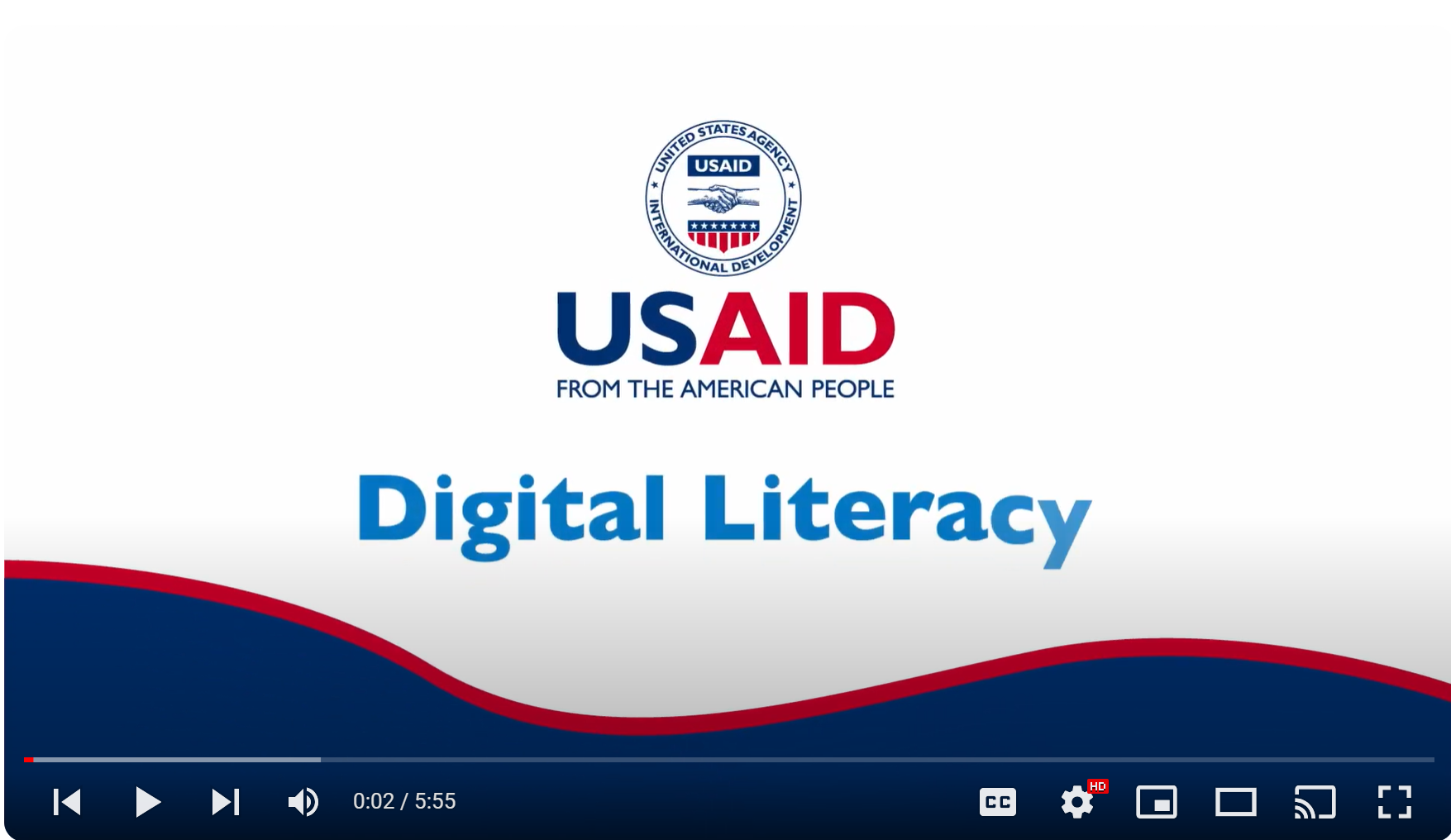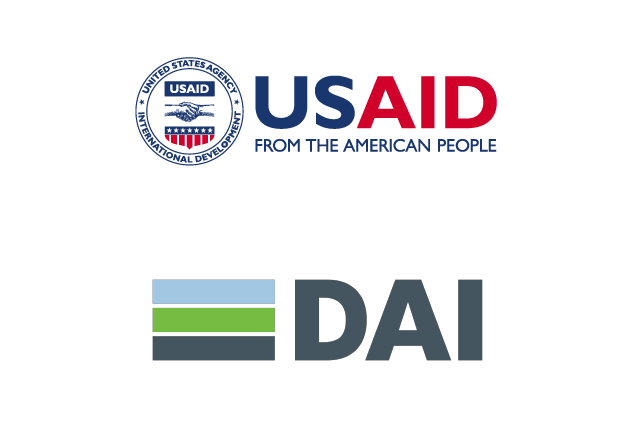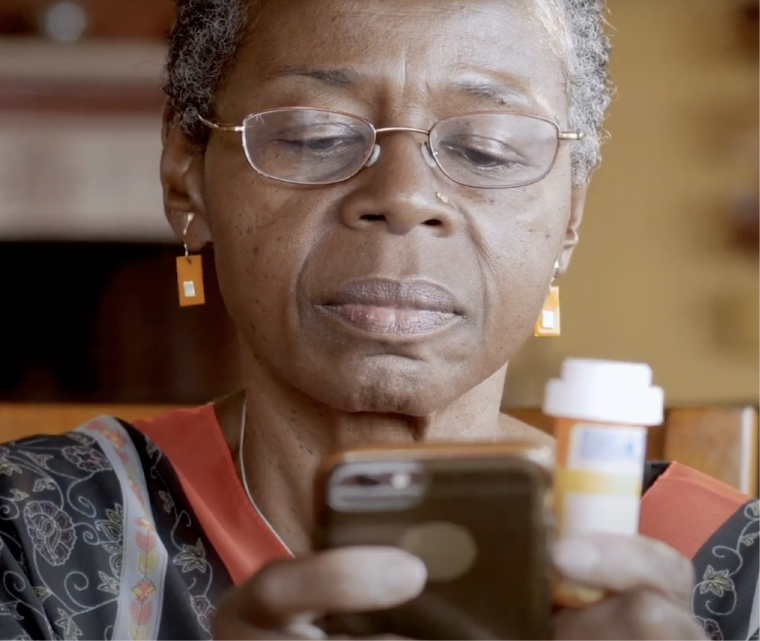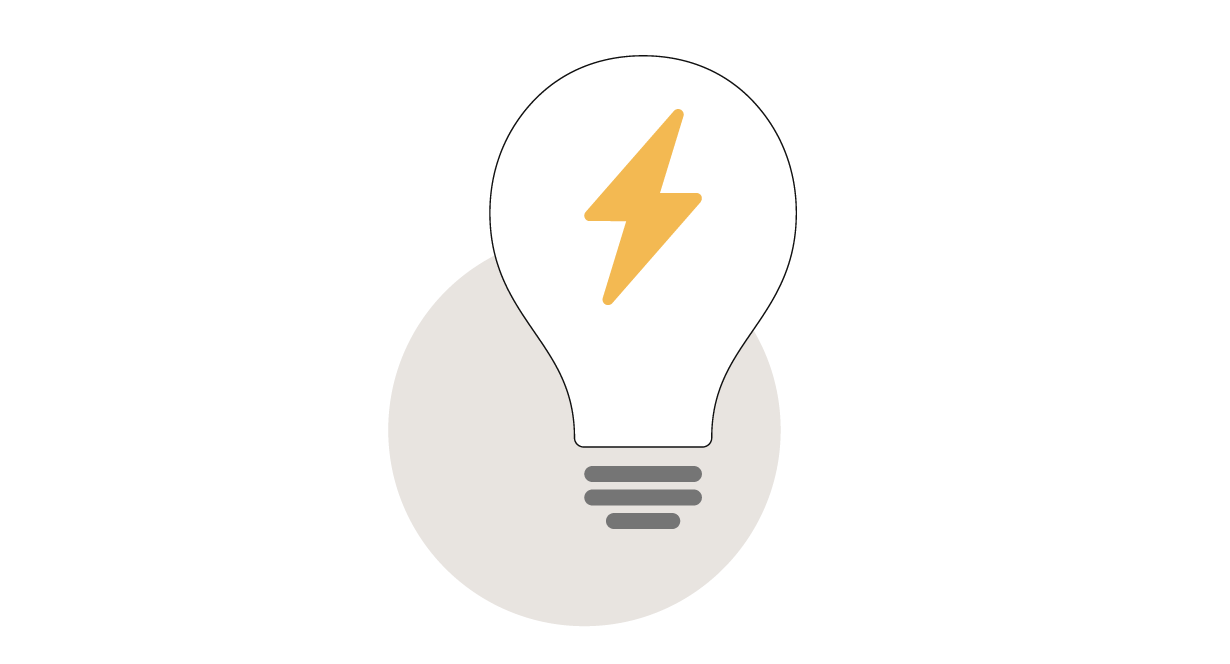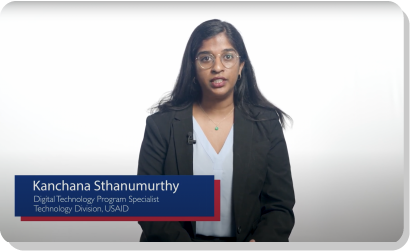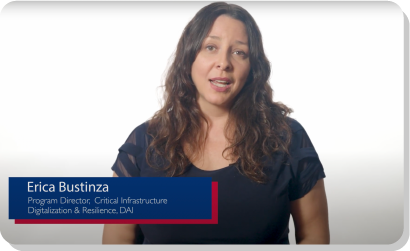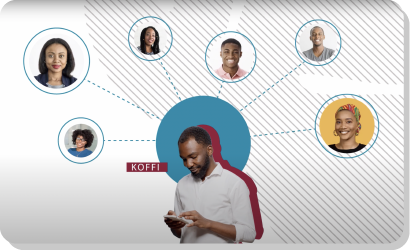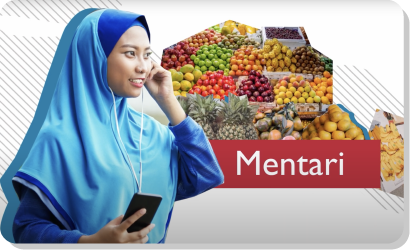Defining the Solution
USAID’s Digital Strategy holds that all programming that includes digital technology–regardless of sector or geography– must include considerations around digital literacy to ensure that users can meaningfully, responsibly, and safely participate in their digital ecosystem. The Agency’s Digital Literacy Primer defines digital literacy in development, providing a shared language and outline of key components on this critical topic. USAID and implementing partner DAI wanted to produce a series of micro learning tools to bring the Primer to life and ensure USAID personnel, partner country staff, and partners understand the concepts in the Primer, particularly the practical considerations of digital literacy in USAID programming.
TechChange set out to develop a series of short videos to illustrate the concept of digital literacy, including key risks that come with programming, and relevant resources for activity planning and implementation.

